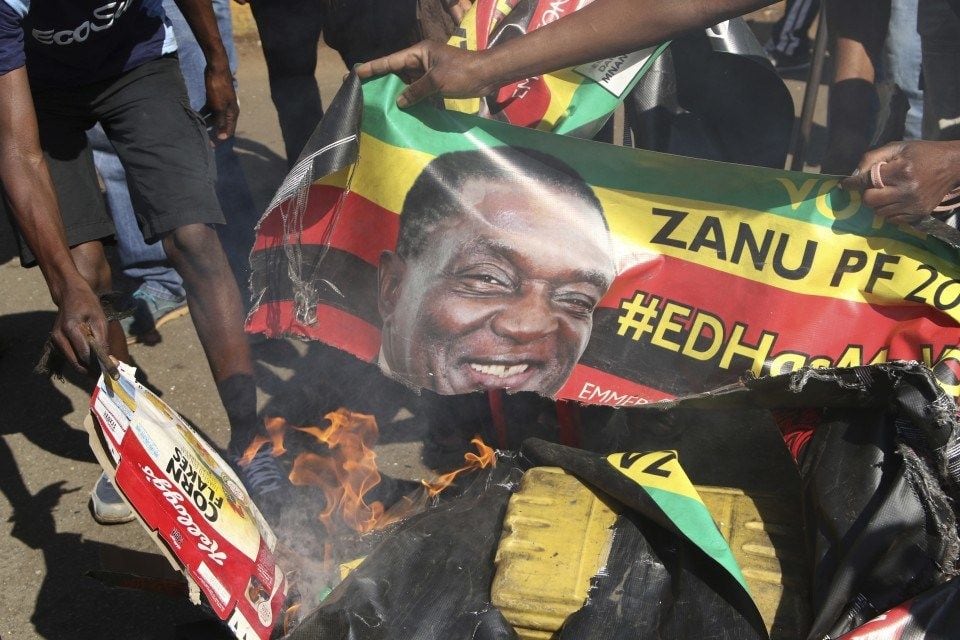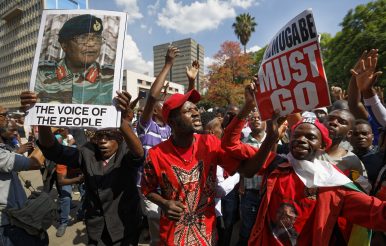Popular Media
Popular Media Writing
Below is a selection of my recent policy and media writing. Further examples of this sort of writing can be found on my CV.
The Coming Chinese Weapons Boom: Beijing Is Poised to Dominate the Low End of the Arms Market
With Benajamin Tkach
Since American firms typically do not compete in the value arms market, Russia’s difficulties have created a vacuum. And the country poised to fill it is China. If left unchecked, Beijing could use defense equipment sales to build stronger relationships with ruling elites and to secure foreign basing, potentially restricting the U.S. military’s capacity to maneuver across the globe. Expanding Chinese arms sales would undermine U.S. influence in the ongoing geostrategic competition. But that outcome is not yet inevitable. There is still time for the United States and its allies to provide substitutes for Russian weapons at affordable prices and thus to thwart China’s ambitions.
Helping India Replace Russia in the Value Arms Market
With Benjamin Tkach
The United States dominates the high-end arms market, and as a result the high-end arms market dominates American discussions of weapons sales. But while American analysts focus on fifth generation front-line fighters and billion-dollar transactions, there is a second market for buyers looking for a better deal. This “value market” encompasses at least 112 countries with annual defense budgets of less than three 24-plane squadrons of new F/A-18s.
After Ukraine, Where will India Buy its Weapons?
With Benjamin Tkach
Russia’s invasion of Ukraine has created a crisis for the country’s already weakened defense manufacturing sector, which will now struggle to export equipment in the near future. This will present India, the largest importer of Russian weapons, with a strategic dilemma. New Delhi will have to choose whether to continue importing arms from Russia in the long run and, based on that decision, what the best substitutes are in the meantime.
Is the United States Heading for a Rural Insurgency?
Rural insurgencies range from week-long armed rebellions against local governments, law enforcement, and the wealthy to decades-long ones against subnational and national-level security forces, which seek to impose new revolutionary regimes. Many African, Asian, and Latin American countries have faced such insurgencies, which have slowed economic growth, caused mass internal migration to more secure urban areas, as well as undermined democratic politics locally and nationally. While the U.S. is not currently at the point of a full-blown insurgency, such insurgencies exist across a spectrum rather than being characterized by the crossing of a line, and consequently, it behooves us to worry now rather than when we get to “there.”
Robert Mugabe has died. But Zimbabwe’s institutional legacies that shaped his repressive regime live on.
In Zimbabwe, former president Robert Mugabe has died, but the institutional legacies that helped shape his long and repressive regime live on. In 2019, the economic crisis under President Emmerson Mnangagwa — created by a mix of drought and bad monetary policies — has led to mass unrest and new signs of repression. A wave of protests that began after a massive increase in fuel prices in January continued throughout the year. The government response has grown increasingly violent, with reports that security forces were beating and detaining protesters.
Indian Air Strategy After Balakot: The China Factor
In the aftermath of the February 14, 2019 Pulwama attack in Indian Kashmir, where 44 Indian paramilitary personnel were killed in a suicide attack conducted by Jaish-e-Muhammad (JeM), India struck a target in Pakistan on February 26. The strike on the JeM camp in the city of Balakot in Pakistan’s Khyber Pakhtunkhwa province by 12 Indian Mirage 2000 aircraft was the first aerial bombardment of Pakistani territory since the India-Pakistan War of 1971.On February 27, Pakistani aircraft, either F-16s or JF-17s, shot down an Indian Mig-21 aircraft. The Pakistani aircraft were intercepted during an attempt to cross the line-of-control between Indian- and Pakistani-administered Kashmir for a retaliatory bombing run. There are reports of a Pakistani F-16 being hit, too.
Even after Mugabe, Zimbabwe’s elections do not appear free or fair
Officially, President Emmerson Mnangagwa won the recent elections with 50.8 percent of the vote, narrowly avoiding a runoff election. But those results are disputed. International election observers have pointed to irregularities. All of this was familiar to those who know the history of Zimbabwe, a former British colony where the black African majority and a ruling white settler minority concluded a brutal war in 1979. Since 1980, Zimbabwe has faced an insurgency, ethnic cleansing, authoritarianism and a grossly mismanaged economy, reducing one of Africa’s most developed countries and a former breadbasket into poverty.
Diamonds and the Crocodile: China’s Role in the Zimbabwe Coup
with Timothy S. Rich
The events that started on November 14, when General Chinegwa led a coup to wrest power from President Mugabe, arrest members of the G40, and assure the return of ousted Vice President Mnangagwa (possibly to become president) has been extensively covered by the international press. However, little is known about the international aspects of the coup, specifically the role of China. Despite issuing official denials of such reports, it seems that China supported the coup, at least tacitly.
Privatization of Security Can Derail US-Led Stabilization of Afghanistan
With M. Ashraf Haidari
Given the resurgence of Taliban, the nascent ISIS threats, a young state in need of capacity building, and international fatigue to continue expending civil and military resources in Afghanistan, Erik Prince’s proposal perhaps sounds reasonable...Despite these advantages, the success of relying on PMCs remains uncertain...Standing by the Afghan people to see their journey of peace and democracy through should be the way forward against succumbing to forces of evil, tyranny, and oppression.
Selected Additional Articles:
The Attack on the Capitol: Why It’s Not a Surprise
Could America’s Electoral Process Foment Political Violence?
The Rafale Acquisition Scandal: A Potential Threat to France-India Defense Relations
Lesotho needs a new electoral system
Panama Switch Marks China’s Return to Checkbook Diplomacy
The future of Taiwan-India Relations
India’s Great Expectations of Trump's Foreign Policy: Keeping Russia in, China Down and Pakistan Out
Lesotho and the Limits of electoral reform








